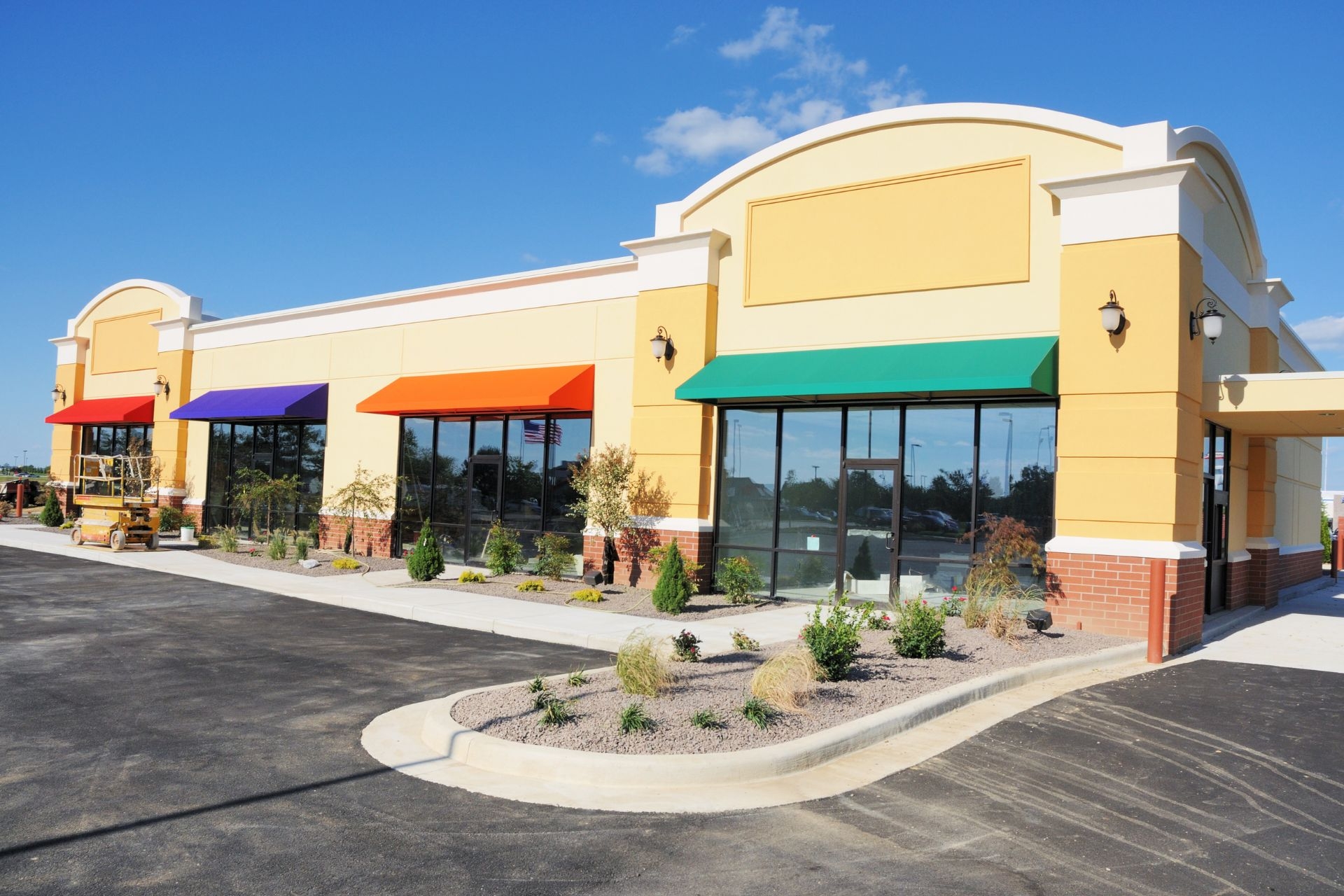

A hybrid storage solution combines local and cloud storage by utilizing both types of storage in a complementary manner. Local storage refers to physical storage devices such as hard drives or solid-state drives that are directly connected to a computer or network. Cloud storage, on the other hand, involves storing data on remote servers accessed via the internet. In a hybrid storage solution, frequently accessed or critical data is stored locally for fast and reliable access, while less frequently accessed or non-critical data is stored in the cloud for cost-effectiveness and scalability. This combination allows for a balance between performance and flexibility.
There are several advantages to using a hybrid storage solution. Firstly, it provides the benefits of both local and cloud storage. Local storage offers fast access to frequently used data, ensuring low latency and high performance. Cloud storage, on the other hand, provides scalability, cost-effectiveness, and off-site data protection. By combining these two types of storage, organizations can optimize their storage infrastructure to meet their specific needs. Additionally, a hybrid storage solution allows for seamless data migration between local and cloud storage, ensuring data availability and reducing the risk of data loss.
The internet of things (IoT) has transformed the way we interact with the world, connecting a myriad of devices to the internet, from smart thermostats in our homes to industrial sensors in manufacturing plants. A significant portion of these IoT devices relies on the Linux operating system due to its flexibility, robustness, and open-source nature.Deploying software to Linux-based devices, at scale, is a complex and critical process that requires planning, well-thought-out processes, and adherence to best practices to ensure the stability, security, and manageability of the IoT fleet. In this article, we’ll explore some best practices for deploying software on large fleets of Linux-based IoT devices.To read this article in full, please click here
Posted by on 2024-03-20
JetBrains has launched a public beta version of TeamCity Pipelines, a cloud-based CI/CD (continuous integration/continuous delivery) service for small and medium-sized software engineering teams.Unveiled March 18, TeamCity Pipelines is intended to enable small development teams to automate the process of integrating code changes, testing them, and delivering an application. JetBrains said the goal was to provide an intuitive platform for running devops pipelines with minimum complexity. The combination of a user-friendly UX with intelligence and optimization features for small teams minimize disruptions for developers, the company said.To read this article in full, please click here
Posted by on 2024-03-19
Federated learning marks a milestone in enhancing collaborative model AI training. It is shifting the main approach to machine learning, moving away from the traditional centralized training methods towards more decentralized ones. Data is scattered, and we need to leverage it as training data where it exists.This paradigm is nothing new. I was playing around with it in the 1990s. What’s old is new again… again. Federated learning allows for the collaborative training of machine learning models across multiple devices or servers, harnessing their collective data without needing to exchange or centralize it. Why should you care? Security and privacy, that’s why.To read this article in full, please click here
Posted by on 2024-03-19
The world has become “sensor-fied.”Sensors on everything, including cars, factory machinery, turbine engines, and spacecraft, continuously collect data that developers leverage to optimize efficiency and power AI systems. So, it’s no surprise that time series—the type of data these sensors collect—is one of the fastest-growing categories of databases over the past five-plus years.However, relational databases remain, by far, the most-used type of databases. Vector databases have also seen a surge in usage thanks to the rise of generative AI and large language models (LLMs). With so many options available to organizations, how do they select the right database to serve their business needs?To read this article in full, please click here
Posted by on 2024-03-18
Yes, a hybrid storage solution can be customized to meet specific storage needs. Organizations can tailor the configuration of their hybrid storage solution based on factors such as data access patterns, performance requirements, and budget constraints. They can choose the amount of local storage capacity and the level of cloud storage integration based on their specific requirements. This customization allows organizations to optimize their storage infrastructure to achieve the desired balance between performance, scalability, and cost-effectiveness.

Data synchronization in a hybrid storage solution ensures that data remains consistent and up-to-date across both local and cloud storage. When data is modified or added locally, it is automatically synchronized with the corresponding data in the cloud. This synchronization process can be achieved through various mechanisms such as replication, mirroring, or backup and restore operations. The goal is to ensure that any changes made to the data in one storage location are reflected in the other, maintaining data integrity and availability.
A hybrid storage solution typically incorporates various security measures to protect data. These measures can include encryption of data both in transit and at rest, access controls and authentication mechanisms, regular backups, and disaster recovery plans. Encryption ensures that data is protected from unauthorized access, while access controls and authentication mechanisms ensure that only authorized users can access the data. Regular backups and disaster recovery plans help mitigate the risk of data loss or corruption. These security measures work together to provide a robust and secure environment for storing and accessing data in a hybrid storage solution.

Yes, a hybrid storage solution can be easily scaled up or down as storage needs change. The flexibility of a hybrid storage solution allows organizations to add or remove local storage devices or increase/decrease their cloud storage capacity as required. This scalability ensures that organizations can adapt their storage infrastructure to accommodate changing data storage requirements without significant disruptions or additional costs. Whether there is a need for more storage capacity due to business growth or a need to reduce storage costs during periods of low demand, a hybrid storage solution can be adjusted accordingly.
While hybrid storage solutions offer numerous benefits, there are some limitations and drawbacks to consider. One limitation is the reliance on an internet connection for accessing cloud storage. If the internet connection is slow or unreliable, it can impact the performance and availability of data stored in the cloud. Additionally, managing and maintaining a hybrid storage solution can be complex, requiring expertise in both local and cloud storage technologies. Organizations may also face challenges in ensuring data consistency and synchronization between local and cloud storage. Finally, there may be additional costs associated with cloud storage, such as data transfer fees or subscription fees for cloud storage services. Despite these limitations, the advantages of a hybrid storage solution often outweigh the drawbacks for many organizations seeking a flexible and efficient storage solution.
